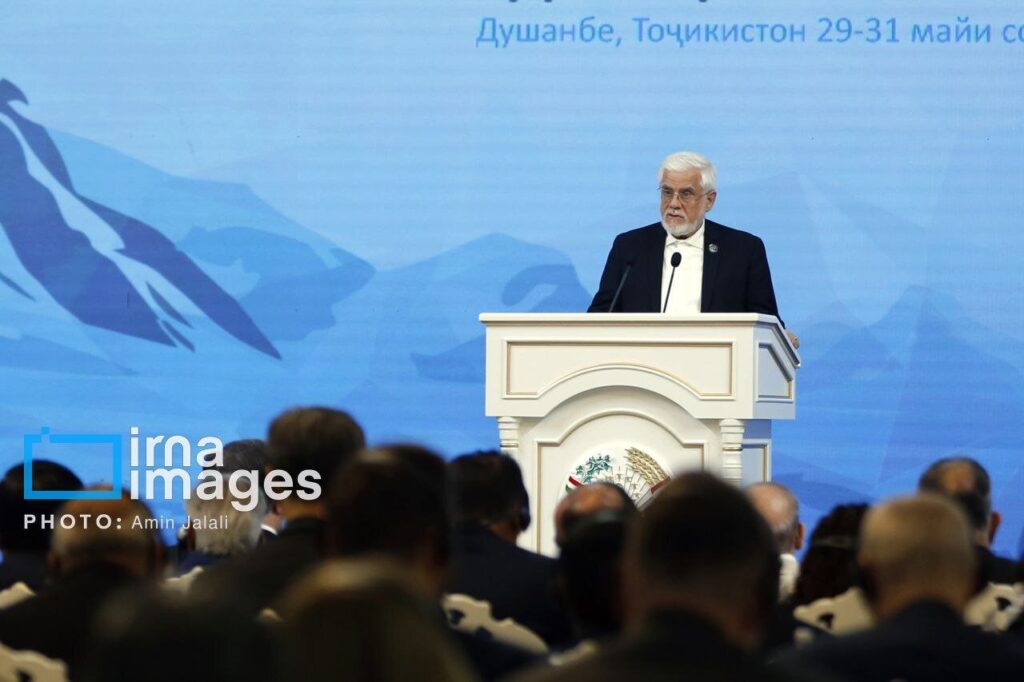Tehran – The world needs innovative and equitable solutions to ensure water safety for everyone, prevent social tensions, force migration, and prevent livelihood instability.
“Strengthening international cooperation will transform challenges into opportunities and build a future in which sustainable water management supports thriving societies, sustainable food systems and healthy ecosystems around the world.”
Officials made the remarks while working on a high-level international conference on glacial preservation to be held in the Republic of Tajikistan from May 29th to 31st.
Emphasizing climate change, biodiversity losses and environmental pollution, the main triple challenges facing the world is that the authorities say “it impacts environmental procedures, and these challenges affect human health and the environment in many different ways.”
Glaciers as hidden freshwater reservoirs are a valuable treasure to the inhabitants of Earth, and their protection, he noted, ensures water safety.
Global temperature rise threatens these important freshwater reservoirs. Their melting leads to many concerns about flooding, soil erosion and destruction of economic infrastructure, so their protection requires comprehensive diplomacy, environmental and social measures, he stressed.
Referring to Iran’s arid climatic conditions, Aleph said, “Iran’s water resources are heavily dependent on snow melting and water from natural glaciers. As one of the oldest civilizations in the world, Iran has developed various strategies for water management.
Officials continue to say that by combining indigenous knowledge with advanced skills, the country benefits from traditional and modern water management practices.
In addition to preserving historic structures as cultural heritage and usable infrastructure, Iran is carrying out extensive development projects such as dam construction, advanced technology and modern irrigation systems, recirculation technology and desalination plants.
The Vice President expressed optimism that high-level meetings will result in increased bilateral and multilateral cooperation, exchange of knowledge and expertise between nations, and strengthen practical measures such as implementing effective programs to enhance resilience to drought and flooding and empower communities against glaciers and water resources.
mt/mg

